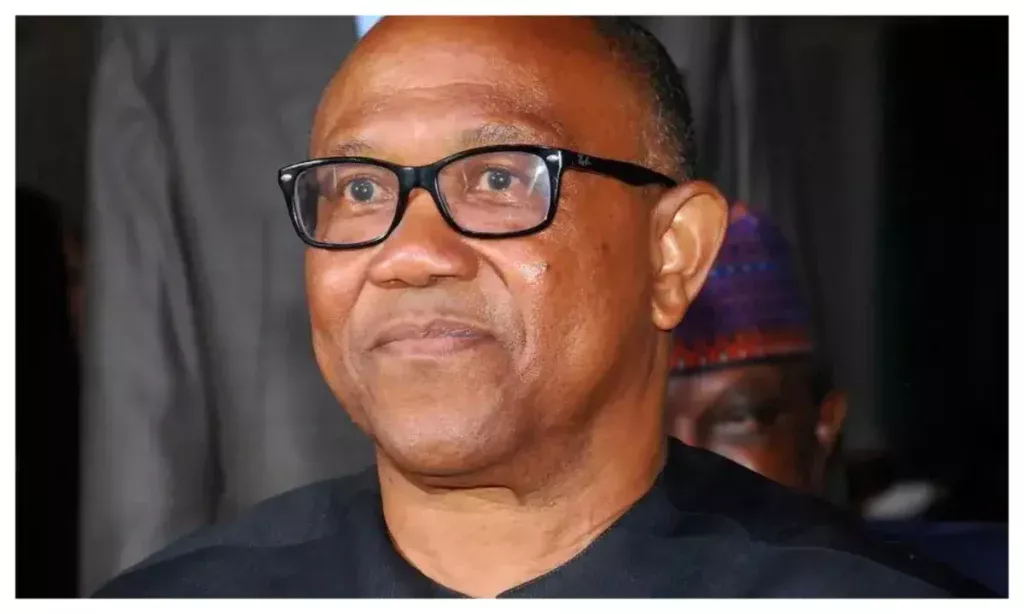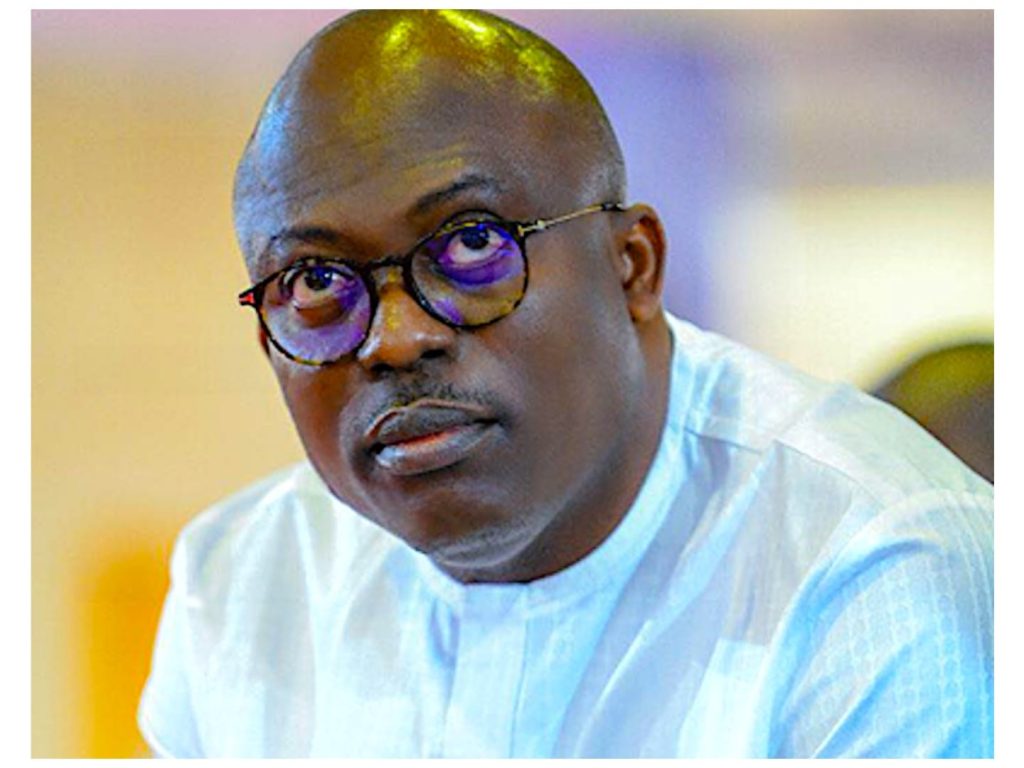In a somber revelation, the World Health Organization (WHO) Regional Director for Africa, Dr. Matshidiso Moeti, has disclosed that cancer claimed the lives of over 500,000 individuals across the continent in 2022. The stark reality unveiled by Dr. Moeti paints a disheartening picture of the cancer crisis in Africa.
To mark the 2024 World Cancer Day, Dr. Moeti emphasized that the African region witnessed approximately 882,882 new cancer cases, resulting in an alarming 573,653 deaths. She expressed deep concern over the prevalence of breast, cervical, prostate, colorectal, and liver cancers, which collectively contribute to 50% of new cancer cases among adults in Africa.
Dr. Moeti issued a stark warning, projecting that without immediate and decisive action, the annual cancer-related mortality in the region could soar to one million deaths by 2030. She further underscored the staggering prediction that within 20 years, cancer fatalities in Africa might surpass the global average by more than 30%. Notably, the current cancer survival rates in the WHO African region stand at a meager 12%, a stark contrast to the over 80% average in High-Income Countries.
The commemoration of World Cancer Day serves as a poignant reminder of the pressing need to “Close the cancer gap” – the central theme of the campaign spanning from 2022 to 2024. This year’s theme, “Together, we challenge those in power,” symbolizes a global call for leaders to prioritize cancer prevention, invest in enhanced care, and strive towards a world free from the clutches of cancer.
Highlighting the impact within individual nations, it is reported that cancer accounts for 72,000 deaths annually in Nigeria, with 102,000 new cases diagnosed each year according to the National Cancer Prevention and Control Plan (2018-2022).
Despite the grim statistics, Dr. Moeti acknowledged the strides made in Africa’s battle against cancer. Notably, 17 countries have implemented high-performance-based screening tests aligned with WHO recommendations, and 28 Member States have embraced nationwide HPV vaccination efforts, targeting approximately 60% of the priority population.
As the WHO calls for unified action, Dr. Moeti emphasized the principle of universal health rights, stressing that every person, irrespective of socioeconomic status, geographic location, age, or gender, deserves equal opportunities for cancer prevention, diagnosis, and treatment.
Amidst this pressing health crisis, stakeholders, including countries, communities, partners, and civil society, are urged to collaborate and ensure universal access to cancer prevention and care. The imperative lies in identifying viable priorities, implementing evidence-based population-wide interventions, and making substantial investments in comprehensive cancer control.



